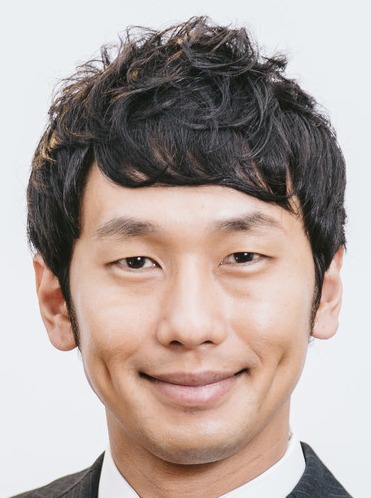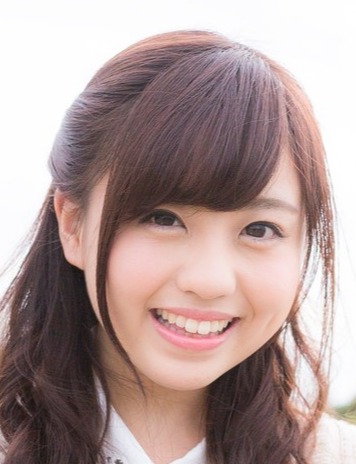“sukoshi” vs. “shōshō”:Do You Know Which is Used As Casual?
少し(sukoshi) and 少々(shōshō) are used as the same meaning, however, there are the subtle differences. Could you explain how native speakers use depending on what situations are? Let me introduce how you correctly use them today!
少し (sukoshi)
A little bit (Casual)
少し(sukoshi) means “a little bit”. Although both 少し and 少々 is used as the meaning, 少し is more casual than 少々. Furthermore, when you want to emphasize 少し, you would be able to put “だけ” after 少し, so that would be 少しだけ. Additionally, ちょっと is also used as the same meaning as both 少し and 少々, however, ちょっと sounds much casual than 少し. Thus, you might want to use ちょっと to your only friends. 少し is not that casual, so you would be able to use it in daily conversations as casual and polite.
\ Learn Japanese with a personal native teacher!/
Sample
少し日本語が話せるよ。 (I can speak English a little bit.) (我会说一点日语。) (일본어를 조금 할 줄 알아요.) (Tớ có thể nói một chút tiếng Nhật thôi.) (sukoshi nihongo ga hanaseru yo.)


少しだけ嬉しいよ。 (I’m a little flattered.) (我有一点开心。) (조금 기뻐요.) (Tớ cũng thấy hơi vui đó.) (sukoshi dake ureshī yo.)


前髪を少しだけ切ってください。 (Please cut my bangs just a little bit.) (请稍微剪一下刘海。) (앞머리를 조금만 잘라 주세요.) (Cắt cho tôi tóc mái ngắn đi một chút xíu thôi.) (maegami wosukoshi dake kitte kudasai.)


少しでも食べたら? (Why don’t you eat a little bit?) (再多吃一点怎样?) (조금이라도 먹는 게 어때?) (Hay là bạn ăn một chút đi?) (sukoshi demo tabeta ra?)


ちょっとずつ涼しくなってきてるね。 (It’s getting cooler little by little, isn’t it?) (渐渐的变凉快了。) (조금씩 선선해지기 시작했네.) (Trời dần dần trở nên mát mẻ ha.) (chotto zutsu suzushiku nattekite rune.)
少々 (shōshō)
A little bit (Formal)
Again, 少々(shōshō) and 少し are used as the same meaning, however, it is used in business situations as formal. Apparently, native speakers prefer 少々 to 少し in cooking such as “塩少々(a pinch of salt)”, “砂糖少々(a pinch of sugar)”, etc. And in business situations, “少々お待ちください” and “少々お待ちいただけませんか?” is quite often used in which means “I’ll be with you in a moment.” and “Would you wait a moment, please?”. Thus ちょっと is used only for your friends, 少し is used for all of the situations as both casual and polite. Lastly, 少々 is used in business situations as formal.
Sample


サラダに塩を少々加えます。 (I added a pinch of salt to the salad.) (在沙拉中加点盐。) (샐러드에 소금을 조금 뿌립니다. ) (Nêm thêm chút muối vào món salad. ) (sarada ni shio woshōshō kuwae masu.)


少々お待ちください。 (I’ll be with you in a moment.) (请稍等。) (조금만 기다려 주세요.) (Vui lòng chờ một chút.) (shōshō omachi kudasai.)


ステーキに少々コショウをふりかけます。 (I sprinkle a pinch of pepper on a stake.) (在牛排上撒上一些胡椒粉。) (스테이크에 후추를 조금 뿌립니다. ) (Rắc chút tiêu vào món bò bít tết.) (sutēki nishōshō koshō wo furikake masu.)


あのスーパー、開店して1年少々でつぶれちゃったね。 (That supermarket closed down a little over a year after opening.) (那家超市开了一年多一点就停业了。) (그 슈퍼, 개점하고 1년 정도 만에 망해버렸네. ) (Cái siêu thị đó mở ra mới được hơn một năm đã phá sản mất tiêu.) (ano sūpā, kaiten shite ichi nenshōshō de tsubure chatta ne.)


うちの親父が最近少々太りぎみなんだ。 (My dad has been a bit on the heavy side lately.) (我父亲最近有点过胖。) (우리 아버지, 요즘 조금씩 살이 찌고 있어. ) (Bố tôi gần đầy có vẻ hơi mập mập rồi đó.) (uchi no oyaji ga saikin shōshō futori gimi na nda.)
\ Learn more! /









Comments
List of comments (2)
What’s up to every , because I am actually
eager of reading this weblog’s post to be updated regularly.
It carries good material.
Hi carsad.net
Thank you for your great comment and for reading our weblog’s post regularly. We’re really happy to hear that. From January 2020, we would post them twice than now. I hope that you would figure out the Japanese deeply with this site. Enjoy studying Japanese!